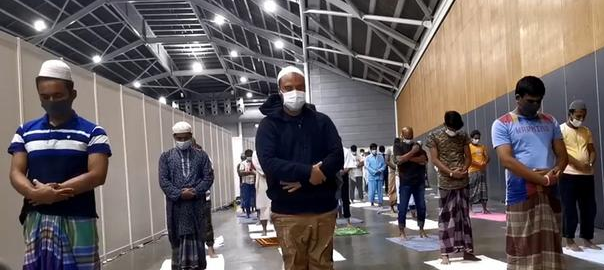Medically reviewed by Dr. Riaz Ali Shah.
Sleep is like nourishment for both the mind and the body. Think of it as recharging your smart-phone, it wouldn’t continue to operate unless its batteries are replenished. Our brain functions in a similar way and if its basic requirements are not met, it can have adverse effects on both your physical and mental well-being.
The day has 24 hours, but how many do I use to sleep?
Normally it is recommended that a healthy individual should sleep on average 6-8 hours. This varies from person to person and the hours may increase with age. If you are constantly over-sleeping, that may be a cause of an underlying problem and it is advised to consult a physician. However, the severity underlies within the lack of sleep which is a matter that needs to be addressed.
Summarized Wikipedia of the reasons which lead to a lack of sleep
It is vital to understand the causes of why you might be suffering from insomnia or a lack of sleep. Those suffering from anxiety, irritability and depression all show considerable signs of sleep deprivation. Apart from medical conditions, a poor diet or a rigorous work schedule along with a lack of exercise is also likely to make you feel restless and in return get fewer hours of sleep. Hence, it’s important to diagnose the primary cause before we proceed towards treating it.
Those dreadful eye bags- effects of compromising on sleep
Considering a lack of sleep can directly affect you work, education and family obligations, it should be given immense priority. Apart from general tiredness and fatigue, it may lead to drowsiness, mood changes, lack of motivation, inability to concentrate and perform tasks efficiently as well as an increased appetite and reduced sexual drive. You might find difficulty in driving which is linked to the most common of road traffic accidents. Furthermore, it also has a negative effect on your immune system which may lead to respiratory diseases as well as have an effect on body weight and hormone production. With all these consequences in mind, treatment is absolutely essential and may require a change in life-style.
Shoving the insomnia in the ICU- ways to treat it
Treatment varies from person to person depending on their distinct reasons for lack of sleep. It is generally advised to consult a sleep therapist who can give you a more detailed treatment plan specific to your problem. These therapies may involve relaxation and behavior modification techniques intended to enhance sleep. Medicated treatments include the use of sleeping pills such as benzodiazepines and hypnotics which are available on prescription which are effective as long as they are consumed on a low dosage. Other home remedies involve following a consistent sleeping routine, avoiding food 2-3 hours before bed, exercising more regularly and refrain from using electronic devices when going to bed.
Read this article and fall asleep
We hope this article provided you ample information on your sleep related issues and encourages you to take the right step towards a more positive and healthier life-style. Here’s to your well-deserved slumber!
Guest Credits: Dr Shayan Imran






